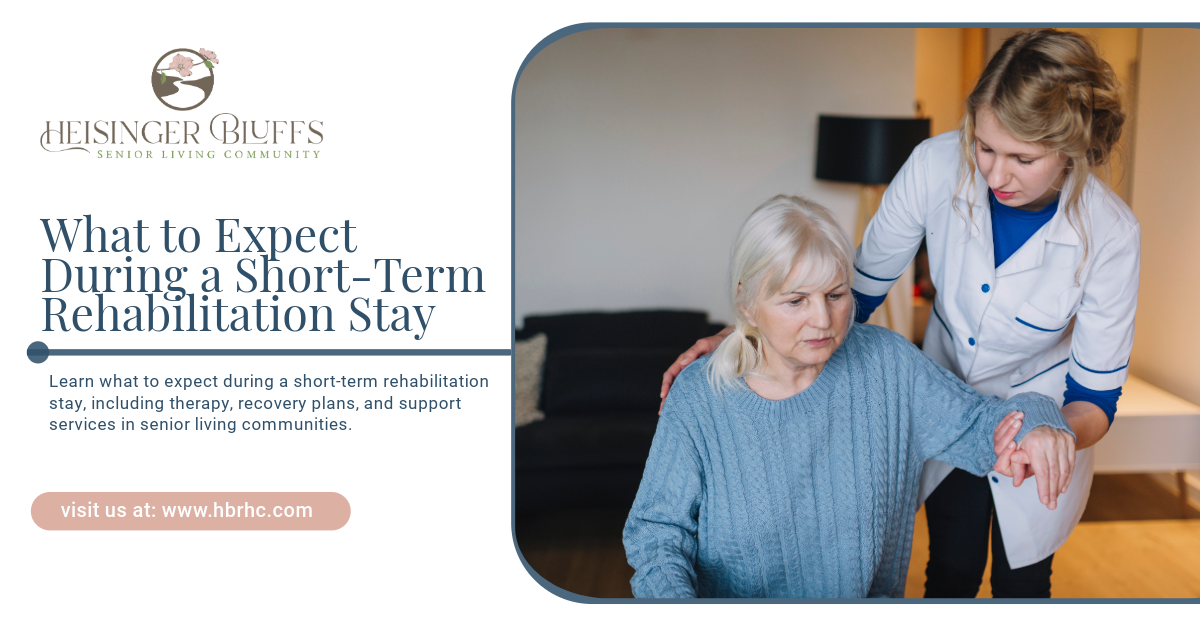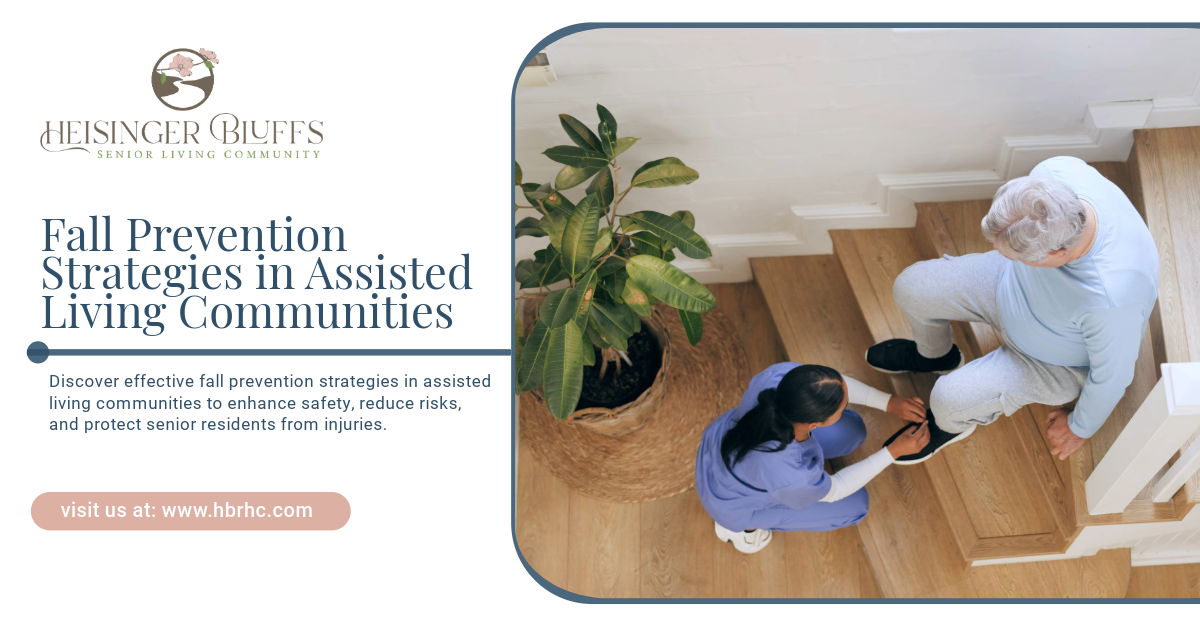Get in touch
Choosing the Right Nursing Home: A Checklist for Families

Choosing the Right Nursing Home
Selecting the right nursing home for a loved one is one of the most important decisions a family can make. With so many factors to consider—from the quality of care to safety protocols and the overall atmosphere—it can feel overwhelming. This detailed guide offers a practical checklist of questions to ask and aspects to evaluate during your search for a nursing home, helping you make an informed choice that prioritizes your loved one’s health, comfort, and well-being.
1. Understand Your Loved One's Needs
Before you begin touring nursing homes, it’s important to clearly understand your loved one’s specific needs. Are they dealing with a chronic illness that requires round-the-clock medical attention? Do they need help with daily activities such as dressing, bathing, and mobility? Or do they require specialized memory care for conditions like Alzheimer’s or dementia? Knowing the level of care your loved one needs will help you narrow down your options and focus on facilities that can provide the right services.
Key Questions:
- What level of care does my loved one need?
- Are there any specialized services required (e.g., memory care, rehabilitation)?
- How often does my loved one require medical supervision?
2. Evaluate the Quality of Care
When choosing a nursing home, the quality of care should be your top priority. This includes both the medical care provided by qualified professionals and the day-to-day assistance with personal care tasks. Ask detailed questions about the experience and qualifications of the staff, especially those responsible for direct patient care. Additionally, inquire about the staff-to-resident ratio, as this can impact the level of attention your loved one receives.
Key Questions:
- What are the qualifications and training of the nursing staff?
- What is the staff-to-resident ratio, and how often will my loved one receive one-on-one care?
- How are medical emergencies handled, and is there a physician on-site or on call?
3. Explore Care Services and Amenities
Different nursing homes offer varying levels of care and amenities. It’s important to ensure that the facility can meet your loved one’s needs now and as their health changes in the future. Some nursing homes provide rehabilitation services, physical therapy, and specialized care for chronic conditions, while others focus more on basic custodial care.
Key Questions:
- Does the nursing home offer the care services my loved one needs, including physical therapy, occupational therapy, and specialized medical services?
- Are there transportation services for medical appointments and outings?
- What are the recreational activities and social programs offered?
4. Assess the Safety and Cleanliness of the Facility
When you visit a nursing home, pay close attention to the overall cleanliness and safety of the facility. A clean, well-maintained environment is crucial for preventing the spread of infections and ensuring residents’ comfort. In addition, make sure the nursing home has safety measures in place to prevent accidents, especially for residents with limited mobility or cognitive impairments.
Key Questions:
- How often is the facility cleaned, and what measures are in place to prevent infections?
- Are there safety features like grab bars, emergency call systems, and secure exits for memory care residents?
- How does the facility handle safety protocols for residents with cognitive issues or mobility challenges?
5. Speak to the Staff and Observe Interactions
The staff’s attitude and how they interact with residents can reveal a lot about the facility’s culture and level of care. During your visit, take note of how staff members treat residents and each other. Are they respectful, compassionate, and attentive? Are there enough staff members on duty to provide adequate care?
Key Questions:
- How does the staff engage with residents on a day-to-day basis?
- Is there a resident council or feedback system for concerns and suggestions?
- Are the staff approachable and open to answering your questions?
6. Review Safety Protocols and Emergency Plans
Safety is a critical factor when selecting a nursing home. Ensure that the facility has comprehensive safety protocols and emergency preparedness plans in place. This includes plans for handling medical emergencies, natural disasters, and health outbreaks like the flu or COVID-19. Ask about their infection control practices and how they protect residents from illnesses.
Key Questions:
- What safety measures are in place for medical emergencies?
- How does the facility manage infection control and prevent the spread of diseases?
- What is the emergency preparedness plan for events like power outages, fires, or natural disasters?
7. Consider the Location and Accessibility
Location is an important consideration for both residents and their families. Choosing a nursing home that’s close to family and friends can make visiting easier, which is vital for maintaining social connections and emotional well-being. In addition, consider the accessibility of the facility for outings and visits to medical professionals.
Key Questions:
- Is the nursing home conveniently located for family visits?
- How easy is it to get to the facility, and are there public transportation options available?
- Is there sufficient parking for visitors?
8. Ask About Costs and Payment Options
Nursing home care can be expensive, and it’s essential to understand the costs upfront. During your visit, ask for a detailed breakdown of the pricing structure, including what services are covered in the base rate and what might cost extra. You’ll also want to inquire about payment options, including whether the facility accepts Medicare, Medicaid, or long-term care insurance.
Key Questions:
- What is the cost of care, and what services are included in the base fee?
- Are there additional costs for specialized care, such as memory care or rehabilitation?
- Does the facility accept Medicare, Medicaid, or other insurance options?
9. Visit Multiple Facilities
Don’t make a decision after visiting just one nursing home. It’s a good idea to visit multiple facilities so you can compare their services, atmosphere, and overall quality of care. Each nursing home has its own unique culture, and spending time in several facilities will help you find the best fit for your loved one.
Key Questions:
- How do the facilities compare in terms of care, cleanliness, and services?
- Does one nursing home feel more welcoming or aligned with your loved one’s needs?
- Can you revisit the facility during different times of day to observe varying levels of care?
10. Involve Your Loved One in the Decision
If possible, involve your loved one in the decision-making process. Taking them on tours and discussing their preferences will help ensure they feel comfortable and confident in the choice. Ask them about their impressions of the staff, the environment, and the level of comfort they feel in each facility.
Key Questions:
- How does your loved one feel about each nursing home you’ve visited?
- Are they comfortable with the environment, and do they feel it would be a good fit for their needs?
- Have their preferences been considered in your decision?
Conclusion
Choosing the right nursing home for a loved one is a complex and emotional decision, but with the right information, you can make a choice that provides them with the care, comfort, and security they deserve.
A thorough assessment of the facility, staff, services, and safety protocols will help ensure that your loved one enjoys a high quality of life in their new home. Heisinger Bluffs is committed to offering a safe, supportive environment that families can trust.
Frequently Asked Questions
How often should I visit my loved one in a nursing home?
You should visit as often as you’re able, but it’s also essential to establish a visiting schedule that works for both you and your loved one. Frequent visits can help them feel supported, and you can monitor their care and well-being.
What is the difference between a nursing home and assisted living?
A nursing home provides more intensive medical care and assistance with daily living activities, while assisted living offers a more independent lifestyle with some support services like meal preparation, housekeeping, and transportation.
What should I do if I have concerns about my loved one’s care?
If you have concerns about your loved one’s care, start by discussing them with the facility’s management. Many nursing homes have a formal process for handling complaints. You can also contact local or state agencies that oversee long-term care facilities if necessary.



Want to know more?
We will get back to you as soon as possible.
Please try again later.
You May Also Like To Read
Heisinger Bluff’s Life Plan Community is here to make your senior years safe, stimulating and enjoyable so that you can savor the present, knowing the future will be taken care of.
QUICK LINKS
CONTACT
©2024. Heisinger Bluffs. All rights reserved.








